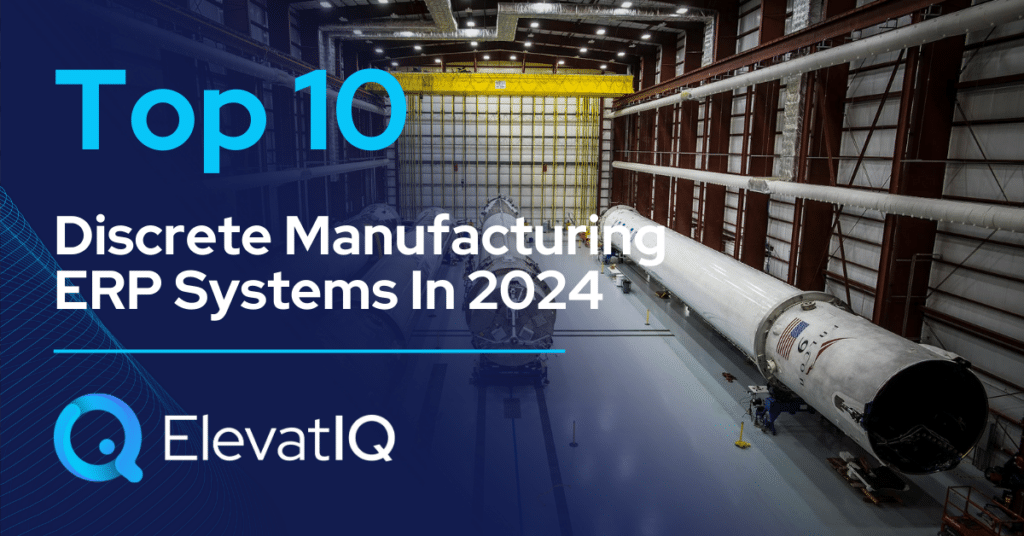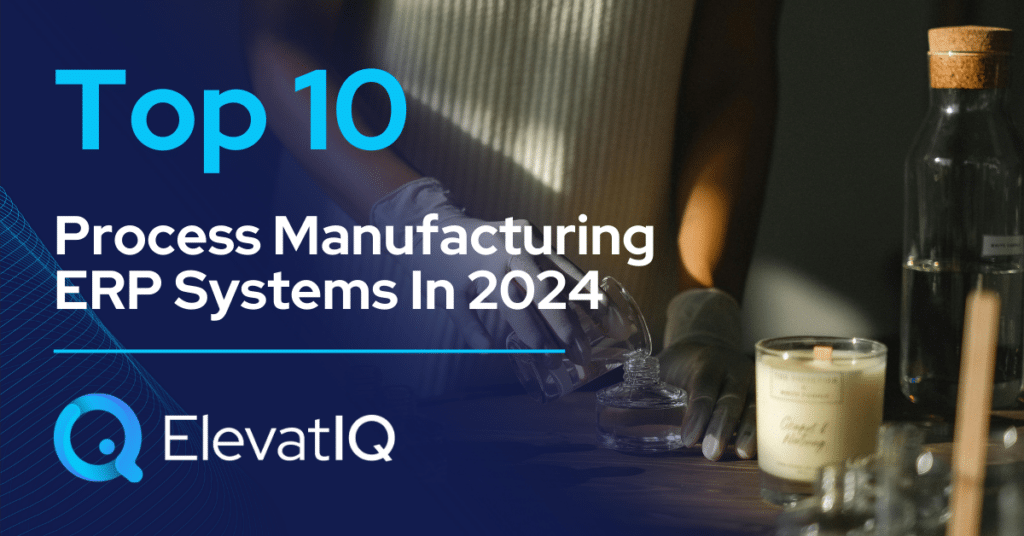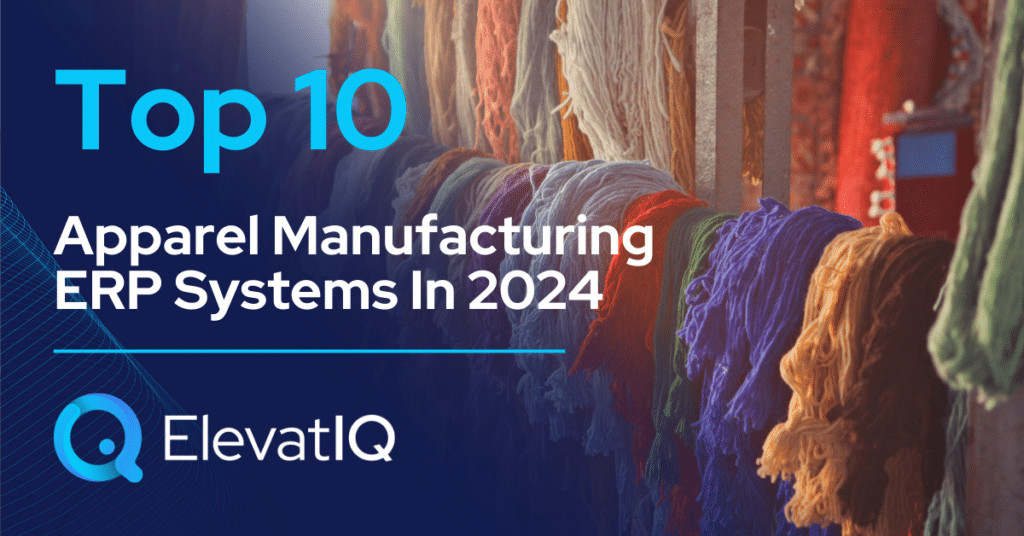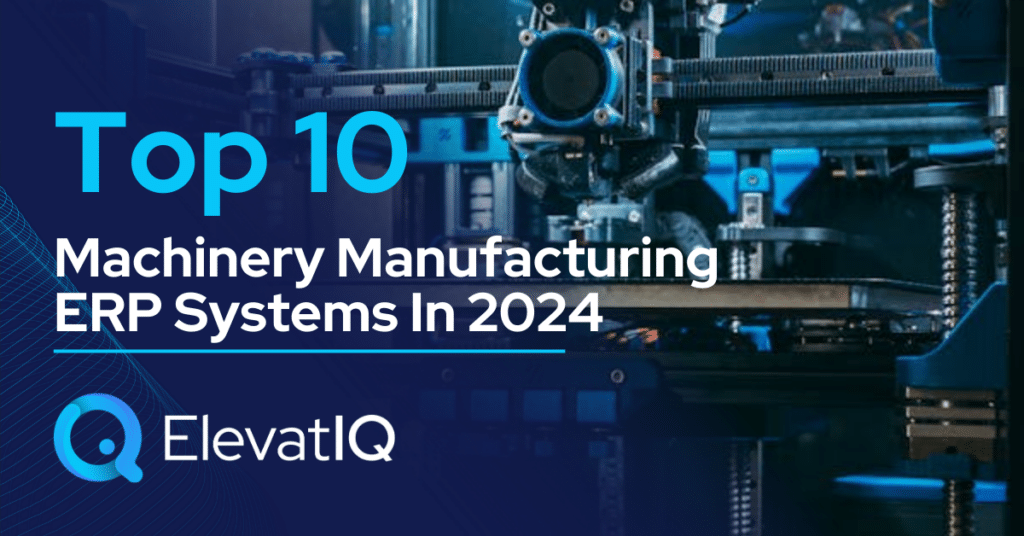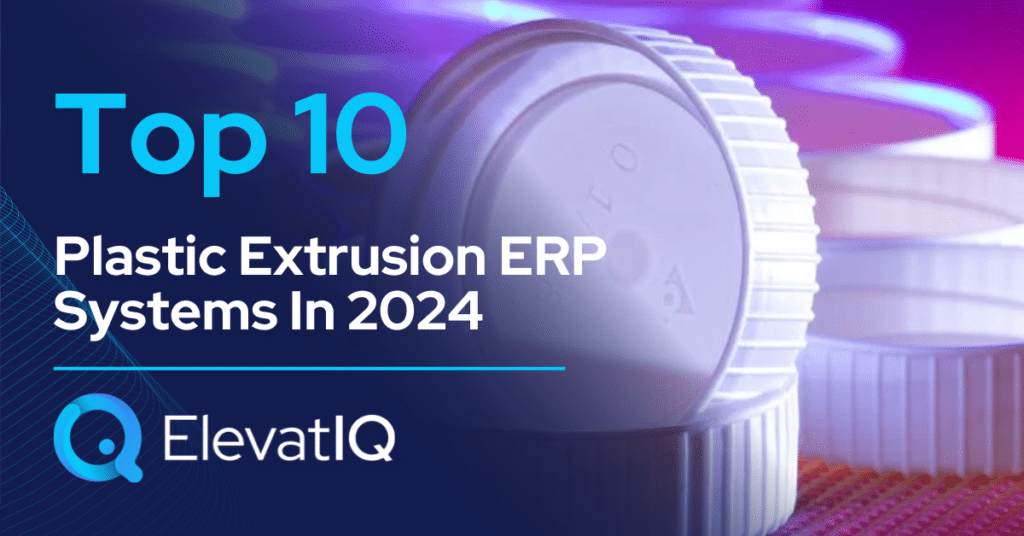Choosing the right ERP system is crucial for mid-sized businesses aiming to simplify operations and scale efficiently. In this episode, we explored the top 10 ERP systems for mid-sized companies, discussing their strengths, weaknesses, and ideal use cases.
Understanding Market Segments
The market is segmented into four categories: startup, small, mid-sized, and enterprise. Each category has unique needs. Startups and small businesses primarily focus on basic transactional features. In contrast, mid-sized businesses, typically ranging from $100 million to $1 billion in revenue, require more advanced features. This segment is further divided into lower mid-market and upper mid-market. The lower mid-market shares similarities with small businesses in their requirements, whereas the upper mid-market aligns more closely with the needs of large businesses.
Criteria for Evaluation
Our evaluation considers various factors such as:
- Market Fit: How well the ERP system serves the mid-sized companies or industries.
- Industry Focus: The specific industry does the ERP system target?
- Technology Integration: Capability to integrate with other business systems.
- User Reviews: Feedback from mid-sized companies using the product, regarding its functionality and reliability.
- Scalability: Ability to grow with the business without major overhaul.
10. Plex
Plex caters specifically to lower mid-sized companies in automotive and Manufacturing Execution System-centric industries. With its robust operational capabilities, Plex effectively addresses the unique needs of these sectors. Consequently, due to its specialized focus and strong performance in its target markets, Plex has secured the 10th position in our comprehensive list of top 10 ERP systems for mid-sized companies.
Pros
- First and foremost, it demonstrates strong manufacturing execution system -centric capabilities.
- Additionally, it is specifically designed for the automotive and life sciences sectors.
- Furthermore, it uses cloud-native technology, enhancing its flexibility and scalability.
Cons
- Limited focus and ecosystem
- Not suitable for diverse business models
9. Unit4
Unit4 targets service-oriented businesses, particularly public sector and non-profit organizations. It features strong HCM integration and scheduling capabilities. As a result of its specialized focus and functionality, Unit4 has earned the 9th position in our list of top 10 ERP systems for mid-sized companies, reflecting its ability to meet unique service industry needs.
Pros
- It has deep capabilities for service-centric industries, making it highly effective in these areas.
- Additionally, it offers strong HCM integration, enhancing its overall functionality.
- Moreover, it is suitable for the public sector and non-profits, meeting their specific needs.
Cons
- Limited focus and ecosystem
- Not ideal for diverse business models
8. Deltek ERP
Building on its specialized focus, Deltek offers tailored solutions specifically for construction and government contracting sectors. By providing unique capabilities in these niche areas, Deltek sets itself apart from more generalized ERP systems. As a result of its targeted approach and industry-specific features, Deltek has consequently earned the 8th position in our comprehensive list of top 10 ERP systems for mid-sized companies.
Pros
- It has strong capabilities in construction and government contracting, making it effective in these areas.
- Additionally, it uses its own databases and integrations, improving its functionality.
- Moreover, it provides strong support for managing multiple entities, ensuring smooth operations.
Cons
- While it caters to a specific niche, its core functionalities lack robustness.
7. SAGE X3
Sage X3 particularly excels in industries such as pharmaceuticals and agriculture, offering robust accounting and finance capabilities. As a result, it is well-suited for publicly traded companies. Given these strengths, combined with its versatility, Sage X3 has consequently secured the 7th position on our list.
Pros:
- It offers comprehensive accounting and finance features, ensuring thorough financial management.
- Additionally, it has a well-developed ecosystem tailored to specific industries, enhancing its versatility.
- Moreover, it provides comprehensive inventory management and costing functionalities, improving operational efficiency.
Cons
- It has a limited focus outside its target industries, making it less useful for other areas.
- Additionally, it can be too complicated for smaller budgets, posing challenges for cost-conscious businesses.
6. QAD ERP
QAD specializes in the car and medical industries, providing pre-built, high-quality software tools.
Pros
- It specializes in the car and life sciences sectors, particularly, the medical industries and offers comprehensive supply chain capabilities.
- It also supports multiple entities seamlessly.
Cons
- It also has limited ecosystem.
- Ongoing stabilization of technology re-architecture.
5. IFS
IFS is widely recognized for its strong field service and asset management capabilities, thus making it a top choice for industries like construction, utilities, and telecommunications.
Pros
- It boast of strong capabilities in field service and asset management.
- Although built on cloud-native technology, it is not ideal for managing large, complex programs.
Cons
- It has limited focus and ecosystem, and it is not suitable as a corporate financial ledger.
4. Epicor Kinetic
Thanks to its unique data and inventory models, Epicor Kinetic provides comprehensive ERP solution for industries within the formal manufacturing processes, particularly the automotive and metals industry.
Pros
- It has strong capabilities in structured manufacturing.
- It also has mature cloud capabilities.
- It has unique inventory models tailored for industries such as metals.
Cons
- It has limited support for complex financial hierarchies and it is less suitable for larger mid-sized companies with complex operations.
3. Infor CloudSuite LN and M3
LN and M3 target different areas: LN focuses on separate products, while M3 focuses on ongoing processes and sales, making It ideal for businesses with global operations and complex manufacturing needs. When it comes to finances, businesses may benefit from consulting assistance.
Pros
- It offers mature solutions specifically designed for manufacturing industries.
- It boasts of robust industry-specific capabilities.
- It also provides strong features for optimizing operations and global effectiveness.
Cons
- It has limited consulting capabilities.
- It is also not suitable as a corporate ledger for diverse business models.
2. NetSuite
NetSuite is tailored for global, lower-mid-sized businesses, making it suitable for service and product-centric industries. Additionally, it stands out as a strong financial tool for upper-mid-sized companies. Although additional components might be necessary for last-mile delivery capabilities, NetSuite’s flexibility remains its key strength, offsetting this potential drawback.
Pros
- It shows strong global capabilities with a robust ecosystem.
- It performs well in both service-focused and product-focused industries.
- It offers flexibility and can be customized to meet various business needs.
Cons
- It requires additional add-ons to achieve specific features.
- It is not ideally suited for highly complex manufacturing or distribution verticals.
1. Microsoft Dynamics 365 Finance and Operations (F&O)
Boasting powerful enterprise features, Microsoft Dynamics 365 F&O shines in global operations. Furthermore, it offers a comprehensive toolkit for mixed-mode manufacturing and finance. Given its complete capabilities, many organizations opt to collaborate with independent ERP consultants . This collaboration ensures easy setup and enhances continuous improvement.
Pros
- It has wide global capabilities, making it ideal for businesses with international operations.
- Integration with other Microsoft products increases efficiency and leads to a more structured workflow.
- It works well for big and varied business models, meeting many different operational needs.
Cons
- It may require significant personalization to meet specific business needs.
- The implementation process can be complex and time-consuming.
Conclusion
Selecting the best ERP system for your mid-sized company involves considering industry-specific needs, the complex nature of your operations, and future growth strategies. Therefore, the top 10 ERP systems highlighted in this article offer a range of features tailored to mid-sized businesses or companies. Consequently, by choosing from these options, companies can ensure they have the essential tools for smooth operations and scalable growth in 2024 and beyond.




